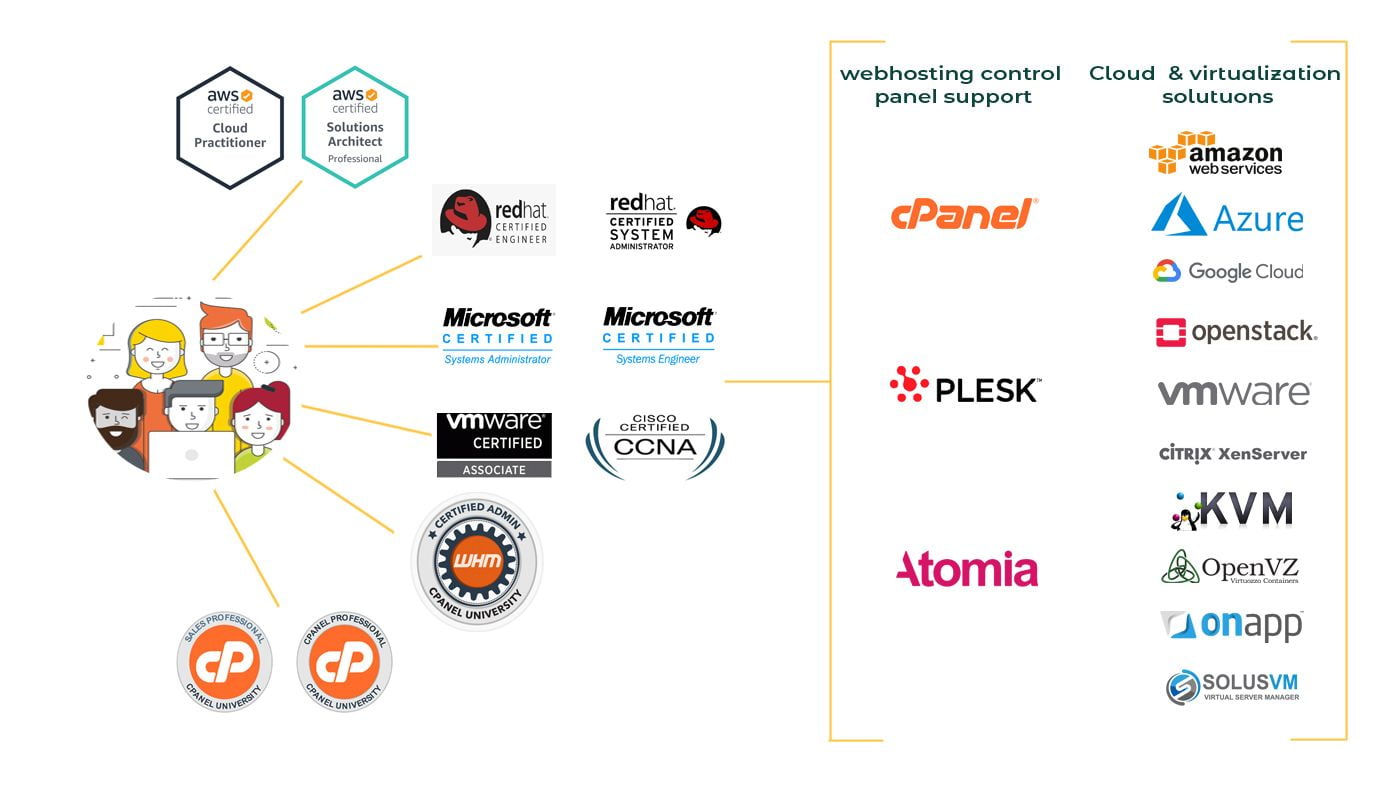A server is a machine or computer program that extends data or functionality support to various devices or programs. Business servers are used for various purposes; they leverage secure email hosting, file sharing, cloud storage, website and SaaS app hosting, and backup solutions. It can support multiple virtual servers, store and collaborate on documents, and provide virtual desktops to employees. Since a server powers all of these services and more, it is faces a downtime or functional errors, which can severely affect business performance. It can impact operational efficiency and impose costs that are both direct (such as revenue and customer loss) and indirect (loss of employee productivity, loss of opportunities).
To power the performance of mission-critical business apps or optimize data-center performance quality, companies need to keep their servers up and running at all times. Server downtime can incapacitate the business and cause tremendous loss. For countering the threat of unexpected system outages, companies can get emergency server support. The service solution provides firms with priority server support at any hour for quick server recovery and robust issue resolution to prevent its recurrence. The technical support assistance will immediately provide the service required to resolve the critical issues that arise on your server, which can otherwise affect your business and reputation.
While outsourcing emergency support for your server glitches is the best solution to bring your server back on track, choosing the right company for providing emergency services can be daunting. Here are a few essential tips to help you make the right choice.
24/7 Support
One of the primary concerns when choosing emergency server management services, one of the primary concerns is to identify if the firm can provide an around-the-clock service solution. They must extend 24/7 services to rescue you immediately if the server is slow or turns unresponsive. If they claim to provide 24/7 monitoring, consider what they offer under the package. It must include services like server security, server performance, and disaster recovery. They should be able to take care of everything required to keep your server functional, fast, and secure.
Response Time Guarantee
For on-demand support and emergency services, consider the company’s response time guarantees to issues you report. Enquire about their average response time and average resolution time. The resolution time may vary based on the complexity of the ticket. But, the firm must inform you about the average resolution time they require to handle a typical issue and keep you in the loop throughout the process. Ensure that you ask the emergency server support provider how quickly they will respond to an issue raised by you.
Skills And Experience
When considering the right emergency support service provider, ensure that they have proven experience and extensive knowledge in this domain. Review the years they have served in the market and look through the customer testimonials to gauge their service quality. They should offer reliable and effective emergency support. Also, consider the company’s location. Most organizations face doubt in engaging a third-party server support provider to deal with the company’s sensitive data. Ensure that your company shares physical proximity to its business location. Ask them to sign a relevant agreement that legally binds them to you.
To Conclude:
Leveraging outsourced emergency server support will help you maximize your server’s uptime and allow you to ensure business continuity. It will enable you to optimize employee productivity and keep your customers happy at all times.
